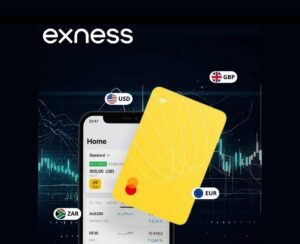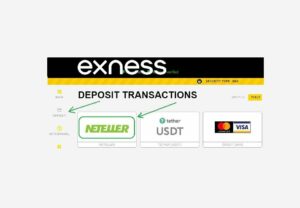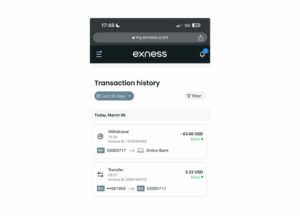The foreign exchange market is vast and diverse, with brokers offering different trading execution modes. The two main types are market makers (DD) and non trading platform (NDD) brokers. Trading counter brokers, also known as market makers, handle transactions internally and typically act as counterparties to their clients.
In contrast, brokers on non trading platforms provide direct access to liquidity providers, ensuring that trades are executed under real market conditions. This article explores whether Exness operates as a trading platform broker and highlights its operational transparency, trading infrastructure, and execution processes.
Is Exness a trading desk broker?
Exness mainly operates in a no trading desk (NDD) mode. This approach is in line with its commitment to transparency, speedy enforcement, and fair trade conditions. Exness uses Straight Through Processing (STP) technology to ensure that customers' transactions are routed directly to liquidity providers without any intervention.
Key features of Exness brokerage model
No trader execution
ExnessProvides a trading environment where order processing is not subject to internal intervention. Instead of acting as a counterparty, brokers connect transactions to a liquidity provider network. This method reduces conflicts of interest and ensures that traders experience real market conditions.
Execution speed and technology
Exness reduces execution time to an average of 0.1 seconds by utilizing advanced technology to minimize latency and slippage. This is crucial for short-term and high-frequency traders who rely on fast order processing to maintain profitability.
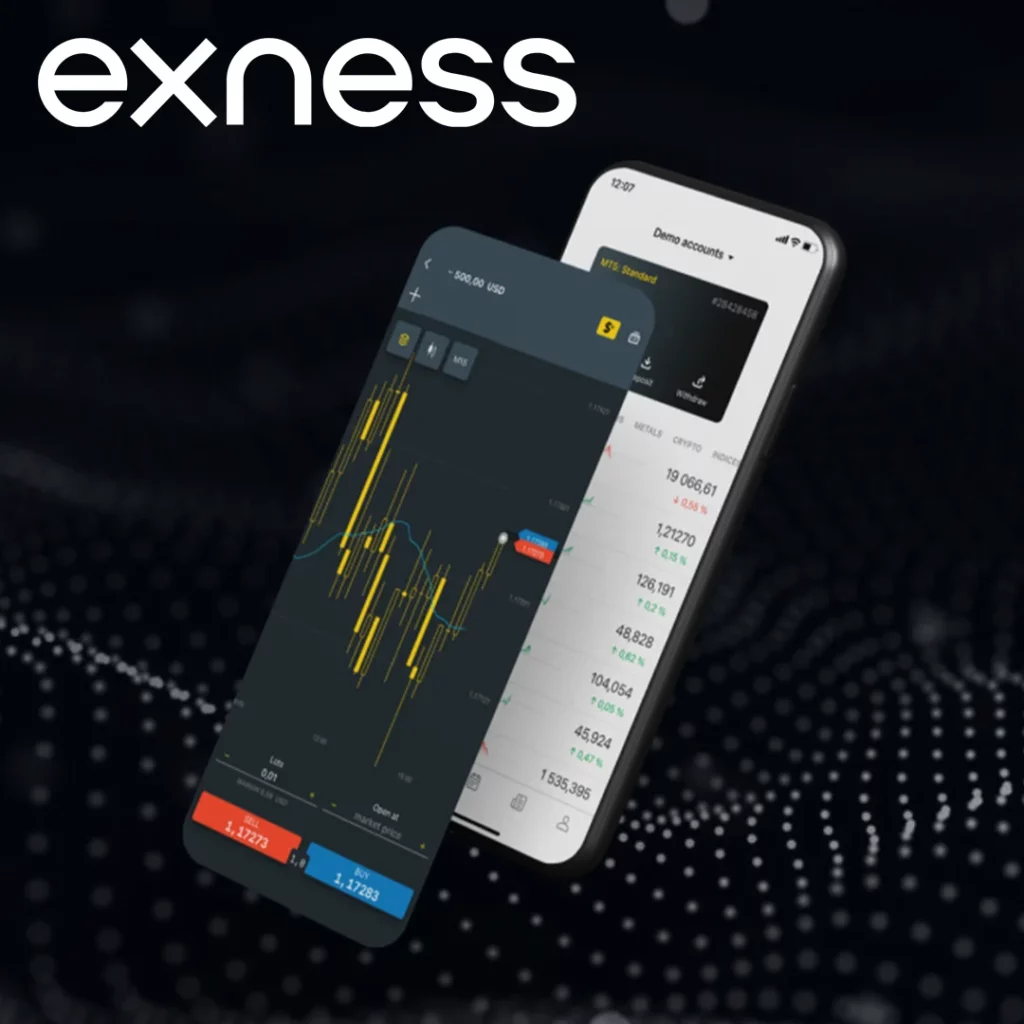
Transparent pricing
Exness offers floating spreads in most account types to ensure traders benefit from market driven pricing. For example, the average spread of EUR/USD on a standard account is 1.1 points, while raw spread accounts typically offer spreads close to 0.0 points and charge a fixed commission.
| Account Type | Typical Spread (EUR/USD) | commission | execution model |
| standard | 1.1 Spread | 不 | Marketing Executive |
| Original spread | 0.0 spread | $3.50 per batch | Marketing Executive |
| major | 0.0 spread (95% of currency pairs) | $3.50 per batch | Marketing Executive |
| 0.6 spread | 不 | Instant execution |

Why do traders choose non trader platform brokers like Exness
NDD brokers are popular for their ability to provide direct access to real market conditions. As an NDD broker, Exness offers several key advantages that align with the needs of modern traders:
- Transparent execution:By routing transactions directly to liquidity providers, Exness ensures that traders receive fair and transparent pricing without hidden fees or manipulation.
- Low cost:Exness does not handle internal transactions, so it can maintain competitive spreads and low commissions, making it very suitable for cost conscious traders.
- Advanced Technology:Exness' infrastructure supports fast execution speed, reducing slippage and improving trading reliability in volatile market conditions.
How Exness ensures transparency
Exness distinguishes itself by prioritizing customer trust and market fairness through the following practices:
- Implementation report
Exness regularly releases indicators on transaction execution speed and slippage. This transparency helps traders verify the quality of service they receive. - independent audit
Brokers conduct independent audits of trading volume and financial operations, further consolidating their reputation for openness. - Negative balance protection
All trading accounts include negative balance protection to ensure that customers do not lose more than the funds they have deposited. - Market depth
Exness provides real-time market depth access, allowing traders to see the available liquidity at different price levels. This feature is crucial for institutions and professional clients.
Compare Exness with Trading Desk Brokers
| characteristic | Exness (without trader intervention) | A typical two-way trading broker |
| trade execution | Route to liquidity provider | Internal trading platform |
| conflict of interest | None, external matching transactions | Possible (broker as counterparty) |
| Propagation Type | Floating (market driven) | Artificially fixed or expanded |
| execution speed | About 0.1 seconds | 0.3-1 seconds |
| transparency | High (execution report, audit) | 低 |
| Market conditions | Reflecting real market prices | Prices may be manipulated |
The Importance of Traders for Non trader Platform Models
Reduce costs and improve conditions
In the NDD model, traders benefit from tighter spreads and lower costs. Because Exness is directly connected to liquidity providers, it avoids the markup typically added by trading desk brokers. For example, on the original spread account, the spread of major currency pairs such as EUR/USD and USD/JPY often reaches 0.0 points, while a small commission is charged.
Scalping trading and high-frequency trading
Exness's fast execution time and direct access to market liquidity make it an ideal choice for scalping traders. By avoiding delays associated with trading desk intervention, traders can efficiently execute a large number of trades.
Trust and Transparency
Without a broker as a counterparty, traders can trust that their success will not conflict with the broker's financial interests. This alignment promotes confidence and encourages long-term trade relationships.
How Exness handles customer transactions
Direct Processing (STP)
Exness routes customer orders directly to liquidity providers, including banks and financial institutions, through STP. This ensures that traders can obtain competitive pricing and deep market liquidity.
liquidity provider
Exness collaborates with multiple liquidity providers to offer the most favorable prices. By summarizing quotes from various sources, brokers minimize price differences while maximizing trading opportunities.
| Source of liquidity | Role in transaction execution |
| First class bank | Provide original pricing |
| financial institution | Ensure market depth |
| Non bank providers | Improve liquidity acquisition capability |
Exness liquidity providers and their role in transaction execution
Liquidity providers play a crucial role in ensuring smooth execution of transactions. Exness collaborates with top banks, financial institutions, and non bank liquidity providers to provide deep market liquidity and competitive pricing.
Exness' main liquidity partners include:
- First tier banks provide original market quotes.
- Non bank financial institutions enhance depth and order matching.
- Aggregate liquidity ensures tighter spreads and better pricing.
This network enables Exness to provide market driven prices and reduce delays in order execution.
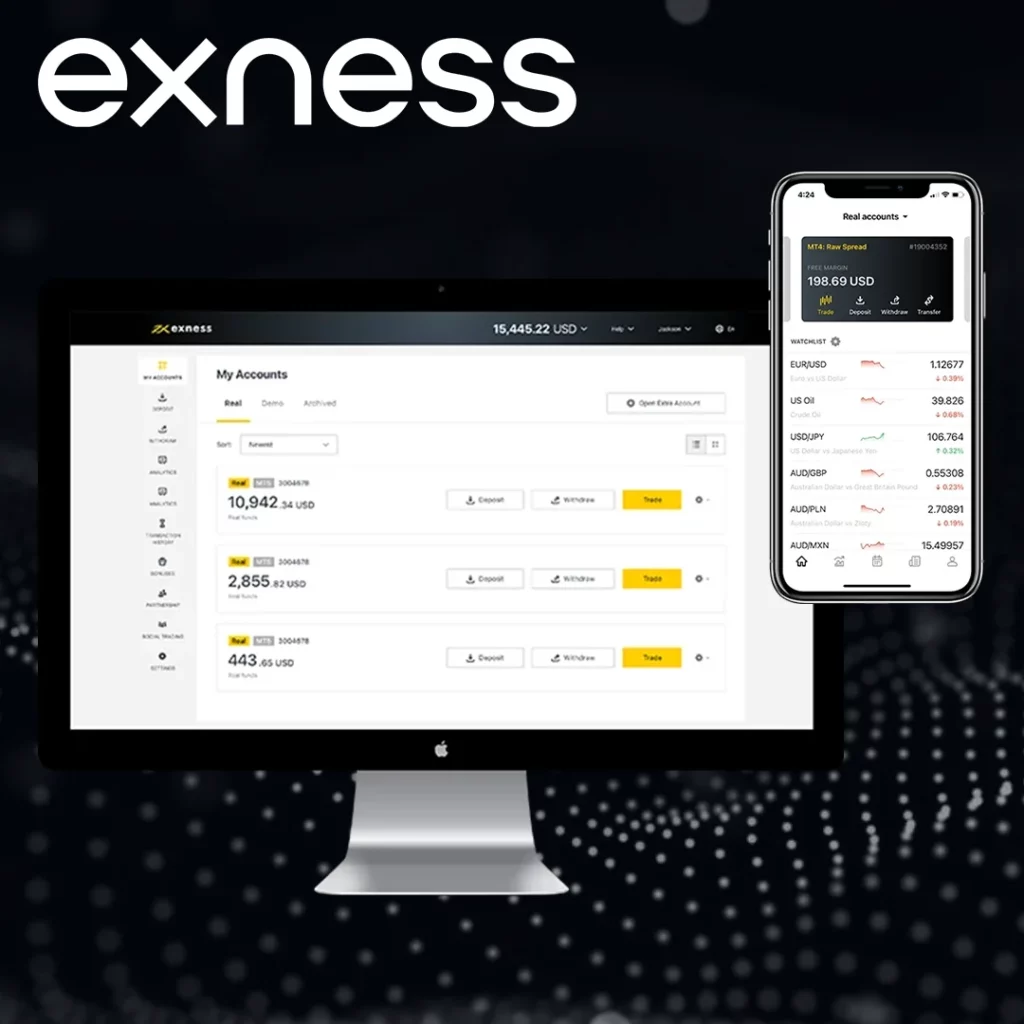
Regulatory supervision and trust
Exness has obtained licenses and regulations from multiple financial regulatory agencies to ensure strict compliance with operational standards. Its regulatory framework supports its no trader counter model by requiring fair pricing and enforcement practices.
| Regulatory agencies | License Number | area |
| The Cyprus Securities and Exchange Commission (CySEC) | 178/12 | European Union |
| Financial Conduct Authority (FCA) | seven hundred and thirty thousand seven hundred and twenty-nine | Britain |
| Fsa | SD025 | Seychelles |
| South African Financial Conduct Authority | FSP 51024 | South Africa |
The role of execution speed in successful transactions
Execution speed significantly affects trading results, especially in volatile markets. At Exness, the average order processing time is 0.1 seconds, which is one of the fastest in the industry. This speed is achieved through the use of cutting-edge technology and powerful server infrastructure.
Compare Exness with other brokers
Speed and reliability of execution
Execution speed plays a crucial role in profitability, especially for short-term and intraday traders. Here is a comparison of Exness:
| broker | execution speed | Order reliability |
| Exness | ~0.1 seconds | 99.9% of orders have been executed |
| IC Markets | About 0.2 seconds | 99.7% of orders have been executed |
| Pepperstone | About 0.3 seconds | 99.5% of orders have been executed |
| XM | About 0.5 seconds | 99.2% of orders have been executed |
Comparison of Execution Models
| characteristic | Exness (NDD) | IC Markets (NDD) | Pepperstone (NDD) | XM (DD) |
| Execute Type | No Trading Desk (STP) | No trading desk (ECN/STP) | No Trading Desk (ECN) | Trading desk |
| conflict of interest | 无 | 无 | 无 | possible |
| Spread | Floating (0.0-1.1 points) | Floating (0.0-0.6 points) | Floating (0.0-1.0 points) | Fixed or expanded |
| execution speed | ~0.1 seconds | ~0.2 seconds | ~0.3 seconds | ~0.5 seconds |
| transparency | 高 | 高 | 高 | moderate |
Summary: Why Exness is not a trading desk broker
Exness adopts a no trading desk mode, prioritizing transparency, fairness, and fast execution. This method benefits traders by reducing conflicts of interest, ensuring the authenticity of market conditions, and providing competitive costs. With its commitment to technology and regulatory compliance, Exness stands out among global traders as a trusted partner.

Trade immediately with trusted broker Exness
Personally understand why Exness is the preferred broker for over 800000 traders and 64000 partners.
frequently asked questions
What is a trading desk broker?
Trading counter brokers, as counterparties to clients' trades, typically execute orders internally and sometimes profit from clients' losses.

